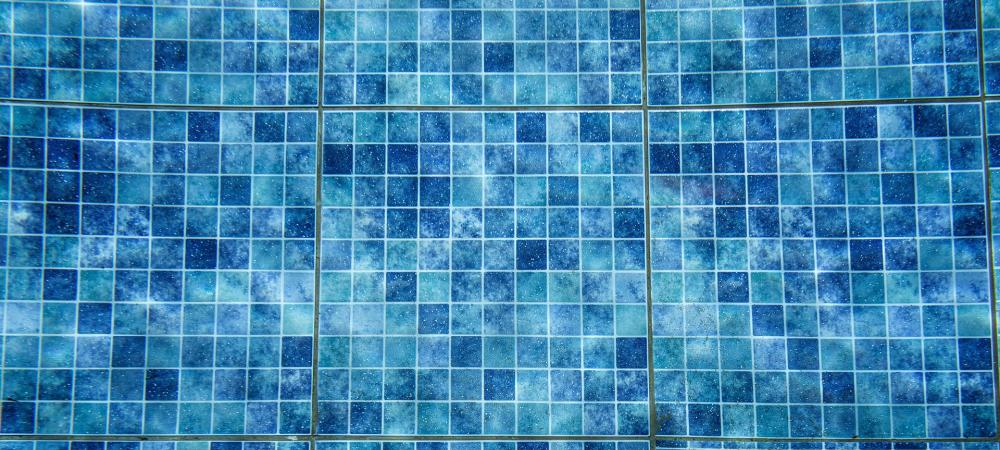
How to Spot a Pool Leak: Signs, Detection, and What to Do
Pool leaks can be sneaky and costly if left undetected. Spotting a leak early is crucial for maintaining your pool's health and avoiding expensive repairs. This guide will help you identify common signs of pool leaks, learn detection methods, and understand the next steps to take if you suspect a problem.
How Do Pools Get A Leak?
A pool leak occurs when water escapes from your pool through cracks, gaps, or faulty equipment. These leaks often develop due to aging materials, ground movement, shifting soil, or improper installation of plumbing and fittings. Pressure changes in the water system, freeze-thaw cycles, or even tree root intrusion can also create small openings that grow over time. While some water loss due to evaporation and splashing is normal, a leak can lead to significant water waste, chemical imbalances, and potential structural damage if not addressed promptly.
Warning Signs of a Pool Leak
Recognizing the signs of a pool leak early can save you time, money, and headaches. Here are the primary indicators to watch for:
- Unexplained water loss - If you're constantly adding water to maintain the proper level, especially more than 1/4 inch per day, you may have a leak.
- Cracks or gaps - Visible damage to the pool shell, deck, or equipment can indicate potential leak points.
- Wet spots around the pool - Unusually damp areas in the lawn or soggy spots near the pool might suggest underground leakage.
- Algae growth - Persistent algae problems despite proper chemical treatment can be a sign of constant fresh water introduction from a leak.
- Equipment issues - Air in the pump system or the need to frequently prime the pump may indicate a suction-side leak.
How to Confirm a Pool Leak
If you suspect a leak, follow these steps to confirm and locate the problem:
- Perform a bucket test - Place a bucket filled with pool water on a pool step. Mark the water levels inside and outside the bucket. After 24 hours, compare the levels. If the pool water level has dropped more than the bucket, you likely have a leak.
- Check for visible damage - Carefully inspect the pool shell, tiles, and coping for cracks or separations.
- Examine the equipment - Look for wet areas or puddles around pumps, filters, and heaters.
- Use food coloring - With the pump off, squeeze some food coloring near suspected crack areas. If the color is pulled into the crack, you've found a leak point.
- Listen for running water - Turn off all equipment and listen carefully for the sound of running water, which may indicate a plumbing leak.
Types of Pool Leaks
Structural Leaks
- Description: Cracks or gaps in the pool shell, often due to settling or age
- Best for detection: Visual inspection and dye testing
- Pros and cons: Can often be repaired without draining the pool, but may require professional assessment for severe cases
Plumbing Leaks
- Description: Breaks or loose fittings in the pool's circulation system
- Best for detection: Pressure testing and electronic leak detection
- Pros and cons: Can be challenging to locate but are often repairable without major renovations
What to Do If You Suspect a Leak
Once you've confirmed a leak, take these steps to address the issue:
- Turn off auto-fill systems - This will help you accurately gauge water loss and prevent wasted water.
- Lower chemical additions - Reduce the amount of chemicals you're adding to the pool to avoid waste.
- Document the water loss - Keep a log of how much water you're adding and how quickly the level drops.
- Contact a professional - For accurate diagnosis and proper repair, it's best to call in a pool leak detection specialist.
Location-Specific Considerations
Pool leaks can have different implications depending on your location:
- Warm climates: Higher evaporation rates can mask small leaks, making detection more challenging
- Cold climates: Freeze-thaw cycles can exacerbate existing cracks and create new ones
- Drought-prone areas: Water conservation regulations may require prompt leak repair
Common Mistakes to Avoid
- Ignoring small leaks: Even minor leaks can lead to significant water loss and damage over time
- DIY repairs without proper assessment: Attempting repairs without identifying the root cause can lead to recurring problems
- Neglecting regular maintenance: Routine inspections can catch potential leak issues before they become severe
Frequently Asked Questions
How much does it cost to repair a pool leak?
Repair costs vary widely depending on the leak's location and severity. Simple repairs might cost a few hundred dollars, while complex issues could run into thousands. A professional assessment is the best way to get an accurate estimate.
Can I use my pool if it has a leak?
While small leaks may not immediately impact pool use, it's best to address them promptly. Continued use with an active leak can lead to water waste, chemical imbalances, and potential structural issues.
How often should I check for leaks?
Perform a visual inspection of your pool and equipment monthly. Conduct a bucket test at least once per season or if you notice unexplained water loss.
Professional Pool Services
Dealing with pool leaks can be tricky, and sometimes it's best to call in the experts. If you're struggling to identify or repair a leak, consider reaching out to the team at Progressive Pool Repair and Leak Specialists. Our experienced technicians can provide thorough leak detection services and offer reliable repair solutions to keep your pool in top condition.
Last updated: 02/25/2026
